Ho Chi Minh City: Thu Duc City leaders proposed that there should be sanctions to punish investors of housing projects that are slow to implement and hand over infrastructure and green parks to the state for management.
The content was presented by Mr. Nguyen Ky Phung, Vice Chairman of Thu Duc City People's Committee, at the program People ask - Government answers on the topic of Management and development of parks and public trees, on the morning of December 10.
According to Mr. Phung, in Thu Duc City, there are a number of housing projects that have not yet invested in infrastructure systems such as roads and green parks but have been put into use. Or there are projects that have built infrastructure but the investors refuse to hand it over to the management agency for maintenance and repair according to regulations.
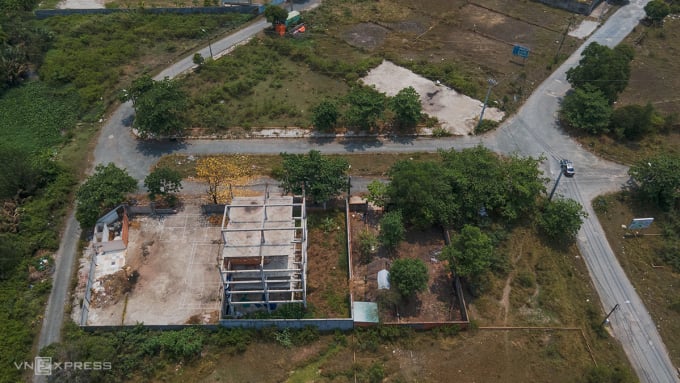
The housing project for staff and workers of Ho Chi Minh City University of Technology, Phu Huu Ward, Thu Duc City, has not yet handed over the infrastructure, causing the road to deteriorate due to lack of maintenance, April 2023. Photo: Dinh Van
Thu Duc authorities have worked with investors many times. However, there are currently no sanctions to punish investors who are slow to implement and hand over the infrastructure system to the state. "This makes it difficult for the locality to manage," said Mr. Phung.
To resolve the issue, Thu Duc City leaders recommended that the Department of Transport review and promptly advise the Ho Chi Minh City People's Committee on sanctions and penalties for project investors who delay or fail to hand over infrastructure to management agencies.
According to statistics from the Ho Chi Minh City Department of Transport, the city has about 290 urban and residential projects that have built infrastructure but have not been handed over to the state. Of which, Thu Duc City has more than 160 projects, with a total area of more than 1,366 hectares.
Because they have not been handed over, the infrastructure within these projects is rarely maintained, increasingly degraded, and not synchronously connected to the city's general system. This affects people's travel and daily life.
Le Tuyet
Source link


![[Photo] Closing of the 4th Summit of the Partnership for Green Growth and the Global Goals](https://vstatic.vietnam.vn/vietnam/resource/IMAGE/2025/4/17/c0a0df9852c84e58be0a8b939189c85a)
![[Photo] Air Force practices raising flag in Ho Chi Minh City sky in preparation for April 30th holiday](https://vstatic.vietnam.vn/vietnam/resource/IMAGE/2025/4/18/de7139d9965b44f8ac1f69c4981196fd)
![[Photo] General Secretary To Lam receives CEO of Warburg Pincus Investment Fund (USA)](https://vstatic.vietnam.vn/vietnam/resource/IMAGE/2025/4/18/7cf9375299164ea1a7ee9dcb4b04166a)
![[Photo] The beauty of Ho Chi Minh City - a modern "super city" after 50 years of liberation](https://vstatic.vietnam.vn/vietnam/resource/IMAGE/2025/4/18/81f27acd8889496990ec53efad1c5399)

![[Photo] National Assembly Chairman Tran Thanh Man meets with outstanding workers in the oil and gas industry](https://vstatic.vietnam.vn/vietnam/resource/IMAGE/2025/4/17/1d0de4026b75434ab34279624db7ee4a)
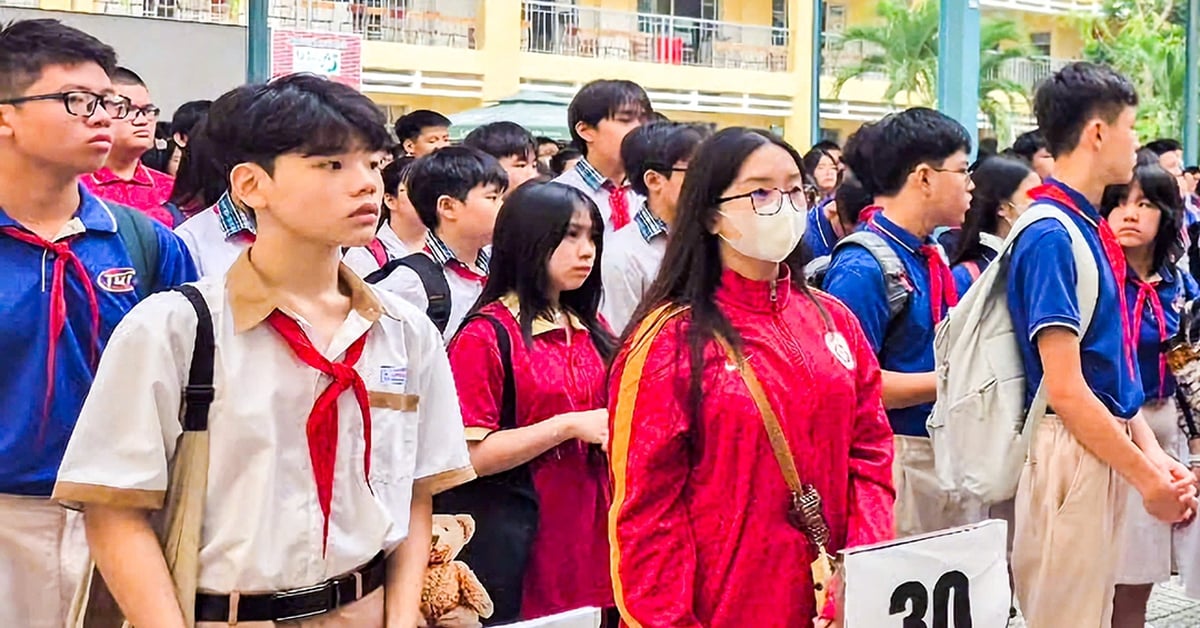




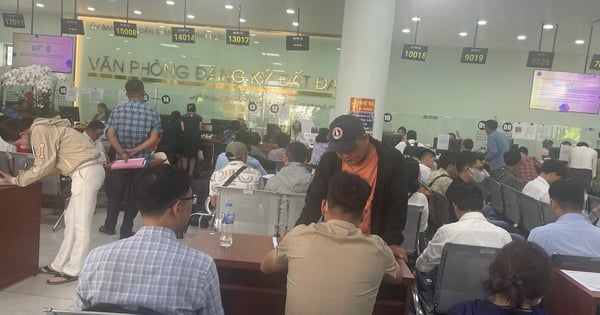

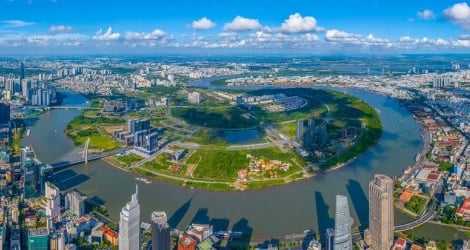

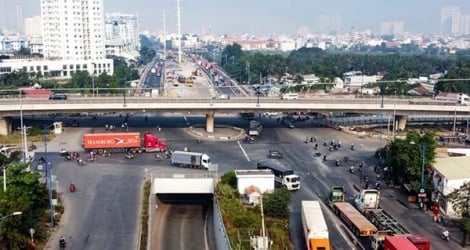



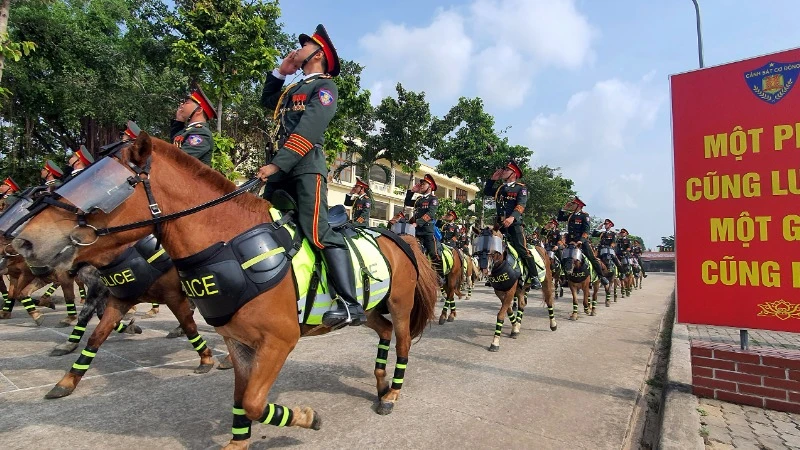












![[Photo] Nhan Dan Newspaper announces the project "Love Vietnam so much"](https://vstatic.vietnam.vn/vietnam/resource/IMAGE/2025/4/17/362f882012d3432783fc92fab1b3e980)

































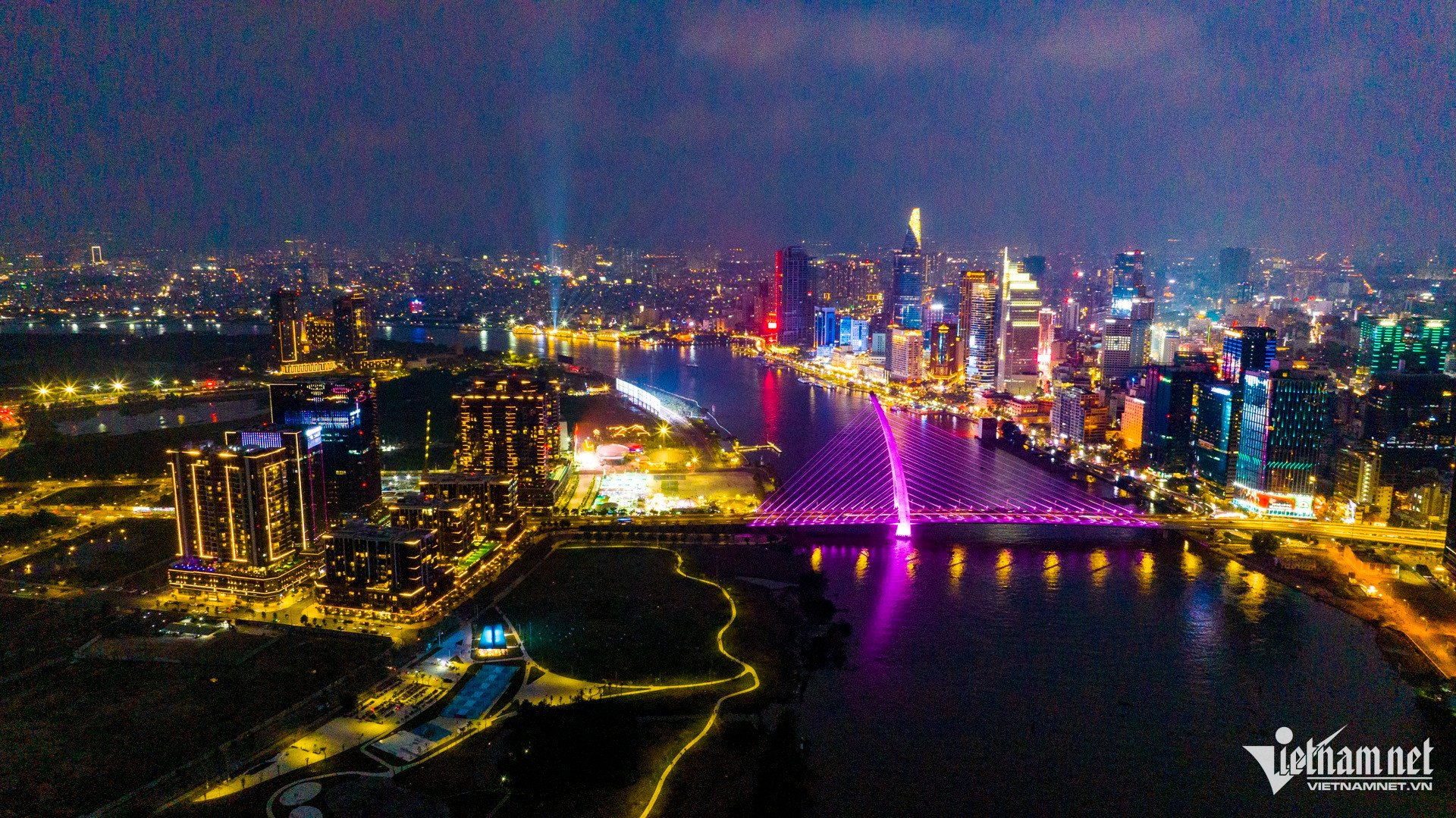
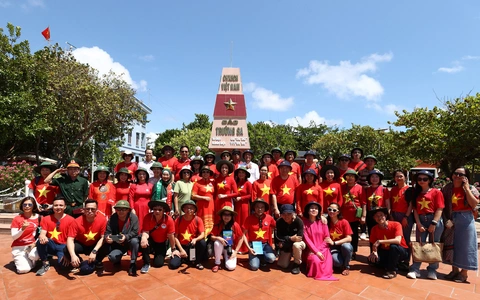




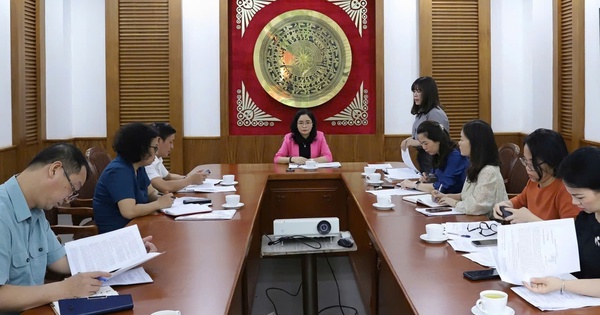


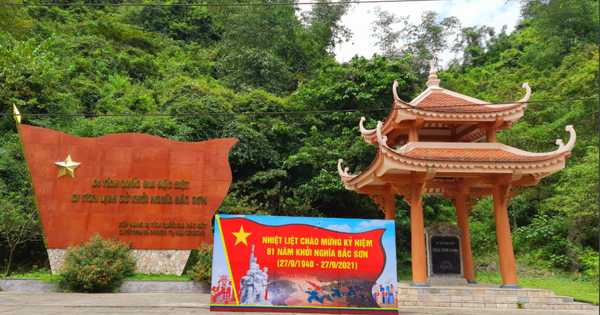






















Comment (0)